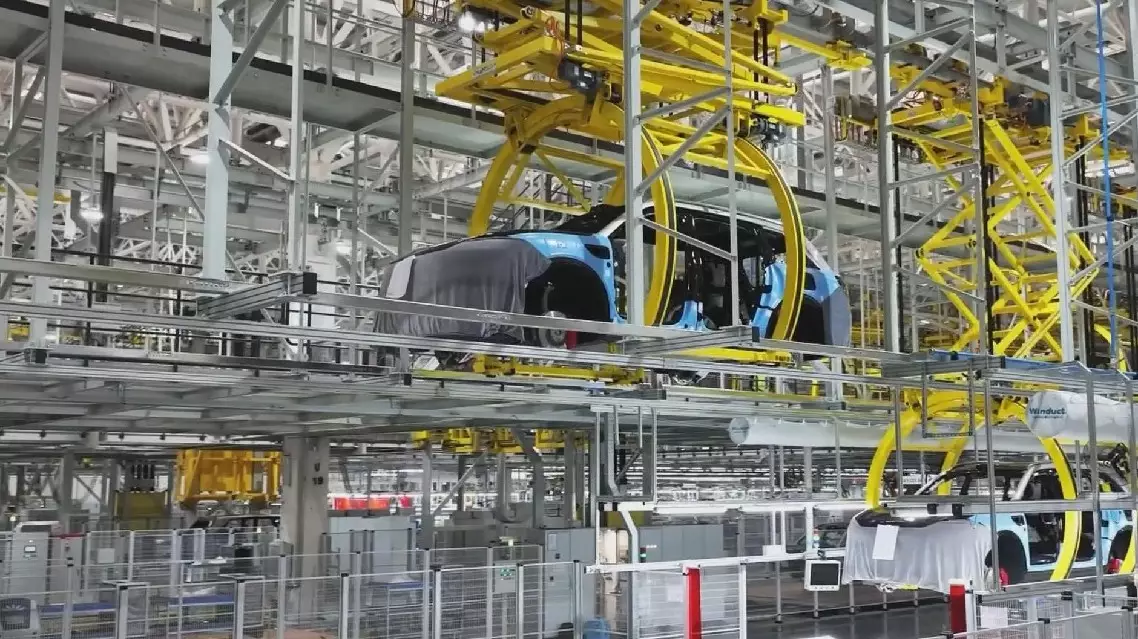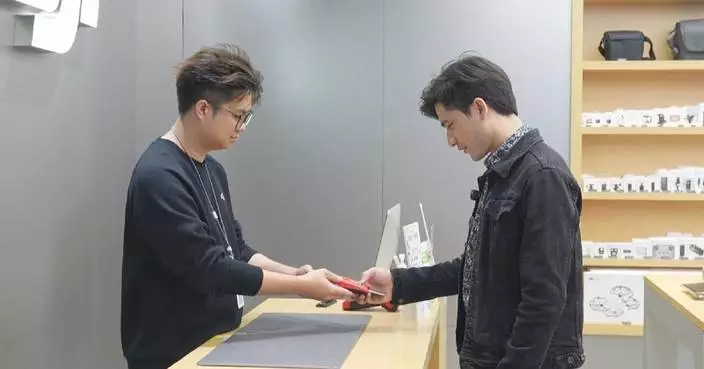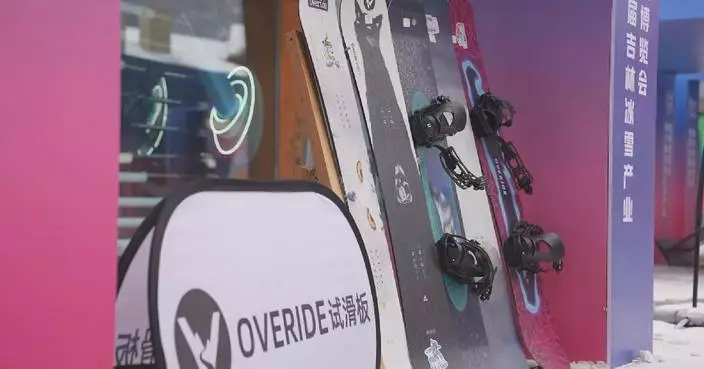China's new energy vehicle (NEV) sector has experienced rapid advancement so far in 2024, powered by cutting-edge technologies and in-depth cross-industry collaboration.
The year 2024 has witnessed a rapid transformation in China's auto industry, with technologies like artificial intelligence (AI), big data, large language models, and 5G mobile communication technologies driving the adoption of smart systems in NEVs. Automakers have intensified investments and scaled up planning in smart technologies to stay competitive.
"In particular, empowerment by smart and networking technology is crucial, and we are fully confident in this model," said Xiang Xingchu, chairman of JAC Group, a Chinese automaker.
"Smart technology requires significant investment, as well as sufficient capacity building and innovation conditions. We are striving to catch up," said Yin Tongyue, chairman of Chery Automobile Co.,Ltd.
The push for smarter vehicles is not limited to automakers. Tech companies have entered the field, providing cutting-edge solutions that enhance vehicle design and production.
So far in the fourth quarter of 2024, collaborations between automakers and information and communications technology (ICT) firms have intensified, evolving from traditional supply-demand relationships into partnerships that integrate technology sharing and resource integration.
For instance, GAC Group, an automaker based in Guangzhou City, capital of south China's Guangdong Province, and Chinese tech giant Huawei recently announced a strategic collaboration covering product development, manufacturing and sales.
"At this stage of smart development, we need deep-going cross-industry collaboration, and cooperation with other enterprises that are adept in intelligence, software and digitalization, so that outstanding cooperation partners will enter the ecosystem of the entire industrial chain," said Feng Xingya, general manager of GAC Group.
"Our upgrading has been mainly focused on integration of the hardware of the previous entire whole vehicle industry chain, with the addition of software and smart technology. Consequently, our auto industry can keep undergoing generational change and upgrading," said Jin Yuzhi, CEO of Huawei's Intelligent Automotive Solutions BU.
Industry insiders predict that relying solely on technology imports and supporting technologies will no longer suffice. Automakers are expected to form open partnerships with internet, telecom, and chip companies to pool resources and leverage complementary strengths.
"Transforming the auto industry toward smart electrification requires cross-industry collaboration. It's about maximizing strengths, not just bridging gaps," said Zhang Xinghai, chairman of SERES Group, a technology-based NEV manufacturer.
Experts say they believe China's auto industry is accelerating toward a new frontier of smart competition, with the landscape poised for significant restructuring.
From January to November 2024, 283, or 80.2 percent, of the 353 new car models were equipped with Level 2 partial autonomous driving technology, with over 80 percent of them fitted with features such as rear parking sensors, infotainment color LCD displays, voice recognition, and Internet of Vehicles (IoV) systems.
Projections suggest that by 2030, the newly added output value from China's intelligent connected vehicle market will surpass two trillion yuan (about 274 billion U.S. dollars).

Smart tech, cross-industry partnerships drive growth of NEV sector









